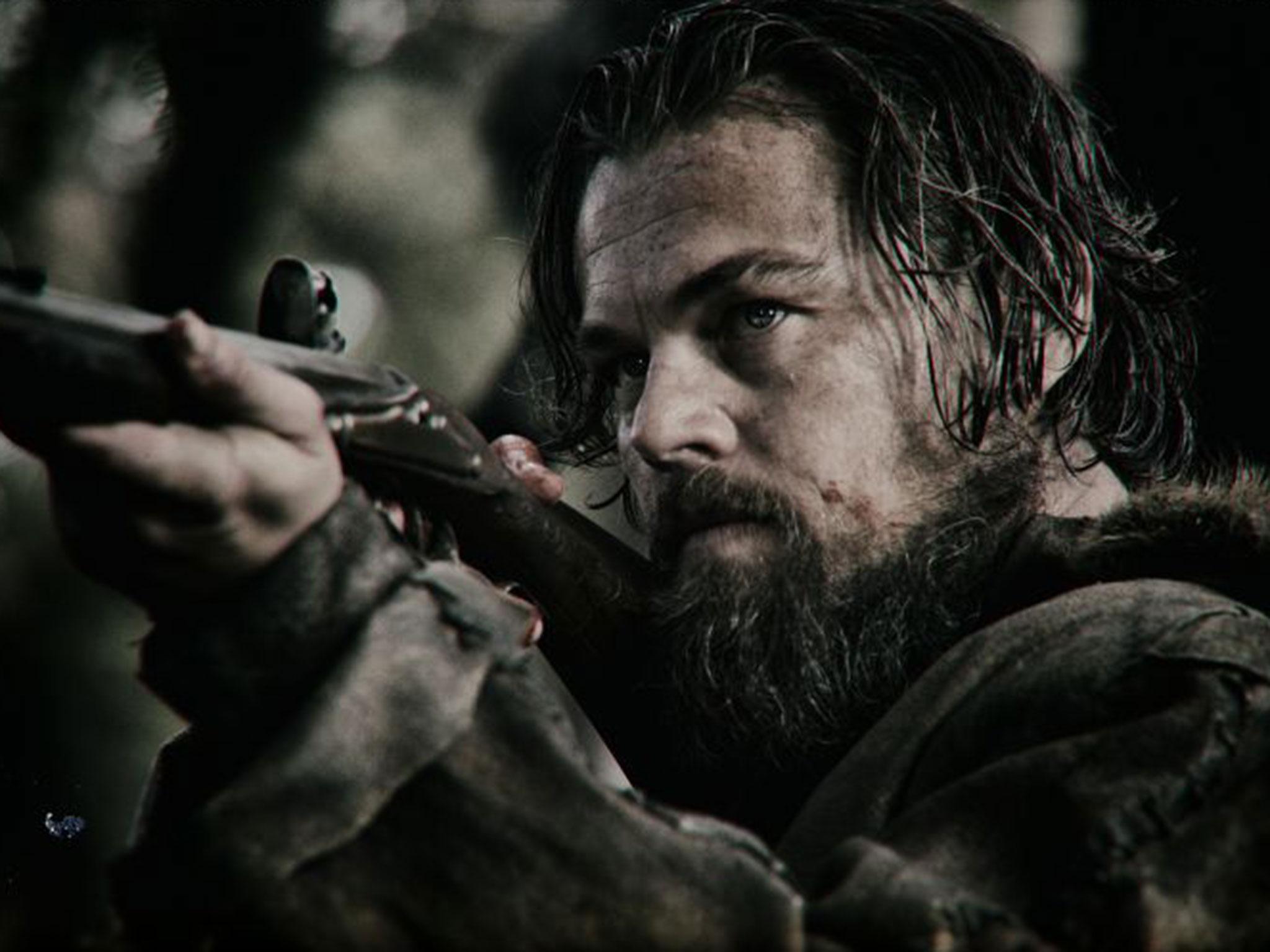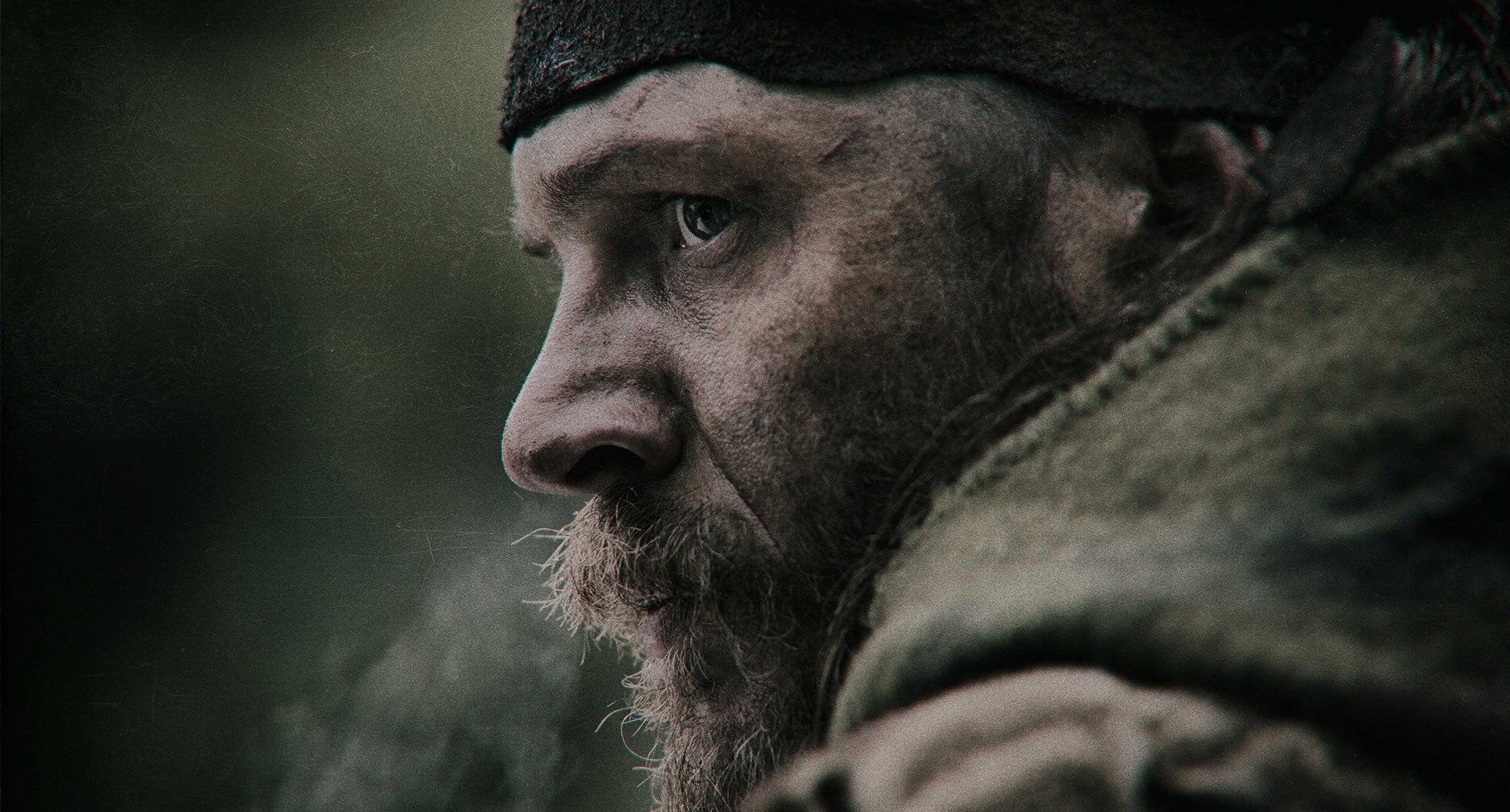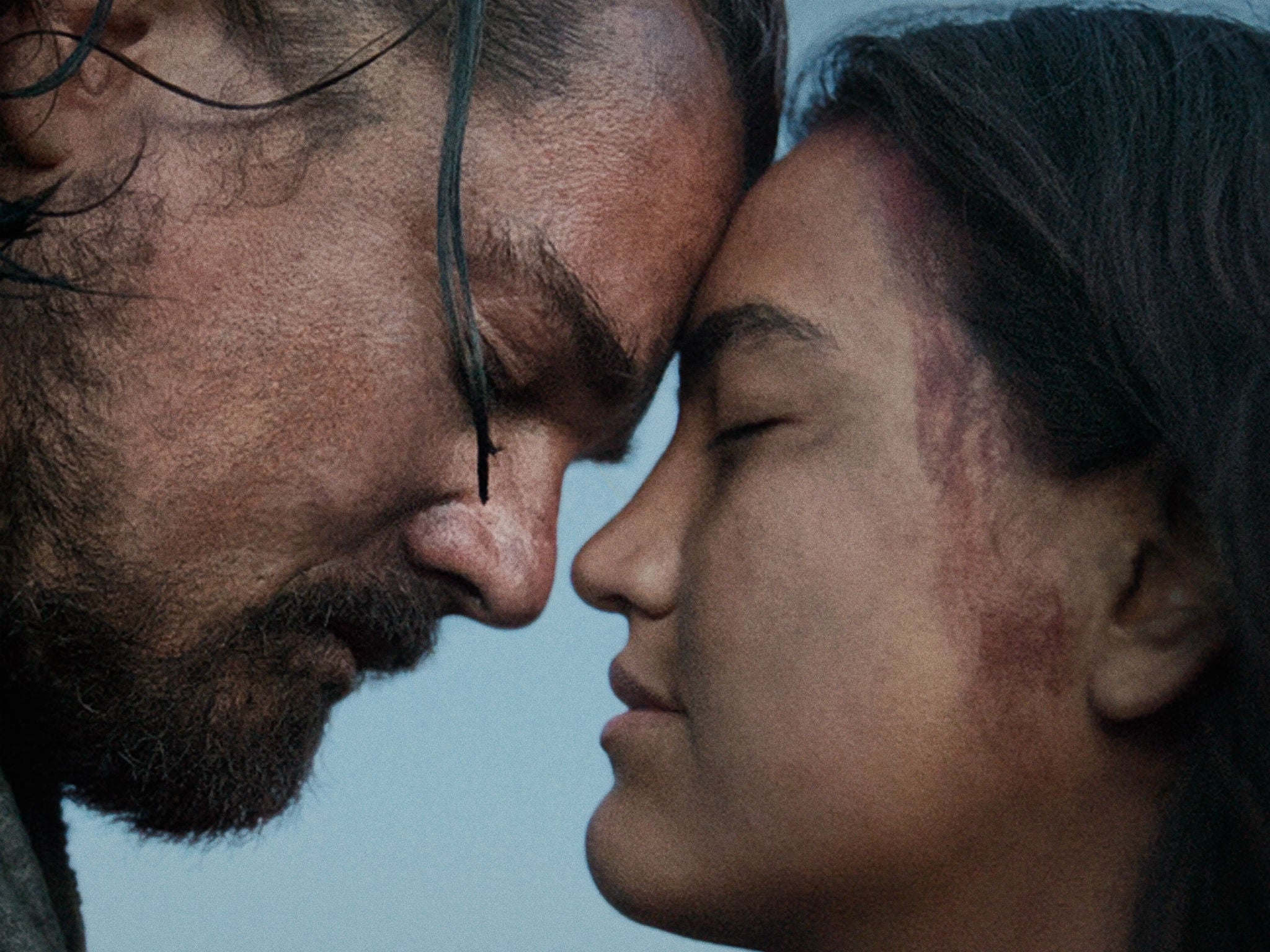The Revenant, film review: Bloody, violent - and it's bloody marvellous
(15) Alejandro González Iñárritu, 151 mins. Starring: Leonardo DiCaprio, Tom Hardy, Domhnall Gleeson

Your support helps us to tell the story
From reproductive rights to climate change to Big Tech, The Independent is on the ground when the story is developing. Whether it's investigating the financials of Elon Musk's pro-Trump PAC or producing our latest documentary, 'The A Word', which shines a light on the American women fighting for reproductive rights, we know how important it is to parse out the facts from the messaging.
At such a critical moment in US history, we need reporters on the ground. Your donation allows us to keep sending journalists to speak to both sides of the story.
The Independent is trusted by Americans across the entire political spectrum. And unlike many other quality news outlets, we choose not to lock Americans out of our reporting and analysis with paywalls. We believe quality journalism should be available to everyone, paid for by those who can afford it.
Your support makes all the difference.The Revenant is the brilliant Mexican director Alejandro González Iñárritu's version of a western – a mad, visionary and quite often preposterous survival tale. It is very bloody, very violent and full of murky religious symbolism but is also often astounding in its flights of macabre lyricism.
This has been a famously troubled production. Rumours abounded of tensions between director and cast. Given the demands placed on the actors, it would have been surprising if at least some of them hadn't been in as much a state of revolt as Fitzgerald, the surly and psychotic fur trapper played here by Tom Hardy.
The film, set in 1823 in the frozen American hinterlands, opens with a bravura, extremely gory set-piece. The fur trappers are attacked in their camp by Native American warriors. Down come flaming arrows. Knives and tomahawks whistle through the air at an extraordinary velocity.
On Birdman, the Mexican cinematographer Emmanuel Lubezki gave viewers the illusion that they were watching a film in a single take. Here, during the early scenes of carnage, he aims for a tableau effect. We see dozens of characters in frame and in focus all at the same time. Someone here is being scalped, someone there is being stabbed. A trapper is running to the boat, another is writhing on the ground in agony

A little later comes one of the strangest, most extraordinary scenes in the film, in which trapper Hugh Glass (Leonardo DiCaprio) is attacked by a bear. There have been prurient reports that the star was "raped" by the grizzly. That is not the case, but the attack lasts for a small eternity and is shot in such a realistic and close-up way that you could be forgiven for thinking you are watching a natural history documentary. The bear certainly gets up close and personal with its quarry. It paws and claws at DiCaprio, licks him, rips his back open and leaves him all but dead.
The Revenant is based in part on a novel by Michael Punke but its characters are actual historical figures. The real Hugh Glass was mauled by a bear and faced a similar struggle to that endured by DiCaprio's character here.
DiCaprio is a very long way removed from the clean-cut teen idol he was in Titanic days. His Glass is a hirsute, weather-beaten figure who grunts as much as he speaks. His performance is as much a feat of endurance as it is a conventional piece of screen acting. DiCaprio conveys very effectively the character's dogged desire to survive, if only for vengeance's sake. Hardy is impressive as his scowling, murderous nemesis. There is strong support, too, from Will Poulter as the youngster caught between Glass and Fitzgerald, and from Domhnall Gleeson as the captain of the trappers, who tries to preserve a sense of loyalty and decency amid the carnage.

At times, as the frontiersmen contemplate their mortality, it is as if we are watching Davy Crockett being remade by the great Russian arthouse director Andrei Tarkovsky. In parts, the film is slow-moving, contemplative and full of poetic imagery. There are flashbacks in which Glass remembers his time living with the Native Americans. There is also one strange scene in which Glass keeps himself from freezing by disembowelling a horse and taking shelter in its still steaming carcass.
In addition to its reflective elements, this is also a ripping yarn, complete with chases through forests, escapes down waterfalls and fight sequences. You cannot help but detect a certain megalomania on behalf of the director – a desire to push every scene to the absolute limit and to reach new peaks of spectacle.
The Revenant isn't a smooth ride at all, but it is a film on the very grandest scale – a frostbitten epic that cannot help but provoke a sense of awe through its visual daring and sheer demented scale.
Join our commenting forum
Join thought-provoking conversations, follow other Independent readers and see their replies
Comments